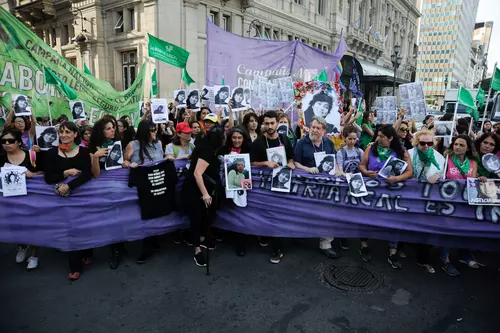By Amanda Taub
When multiple women stepped forward last week to accuse the former Costa Rican president, Óscar Arias Sánchez, of sexual misconduct, it highlighted a mystery about #MeToo’s impact in Latin America.
How can the movement have become powerful enough to ensnare an ex-president and Nobel laureate, yet have otherwise found so little purchase in a region that badly needs it?
In Mexico, Honduras and Guatemala, for instance, gender-driven killings of women have reached epidemic proportions. But over the past two years, even as awareness of #MeToo has grown, that violence has continued unabated.
The movement has brought a reckoning to some of the most powerful men on earth, from politicians and movie magnates in the United States to business titans and Bollywood legends in India. Yet it has had little effect on the broader problem: sexual abuse, harassment and violence by men who are neither famous nor particularly powerful — merely unchecked.
A partial explanation may lie, according to Sarah Khan, a Yale University political scientist, in a concept social scientists call “common knowledge”: the idea that systemic change is shaped as much or more by people’s perceptions of others’ beliefs and values as it is by their own.
That means that reducing sexual misconduct presents a kind of coordination problem: You need to not only change people’s views of the problem, you also need to show them that other people’s views have changed the same way.
But while #MeToo has been successful in creating common knowledge around the misconduct of powerful men, it has failed — crucially — to change the consensus in bigger ways …
Click the link below to read the full article


